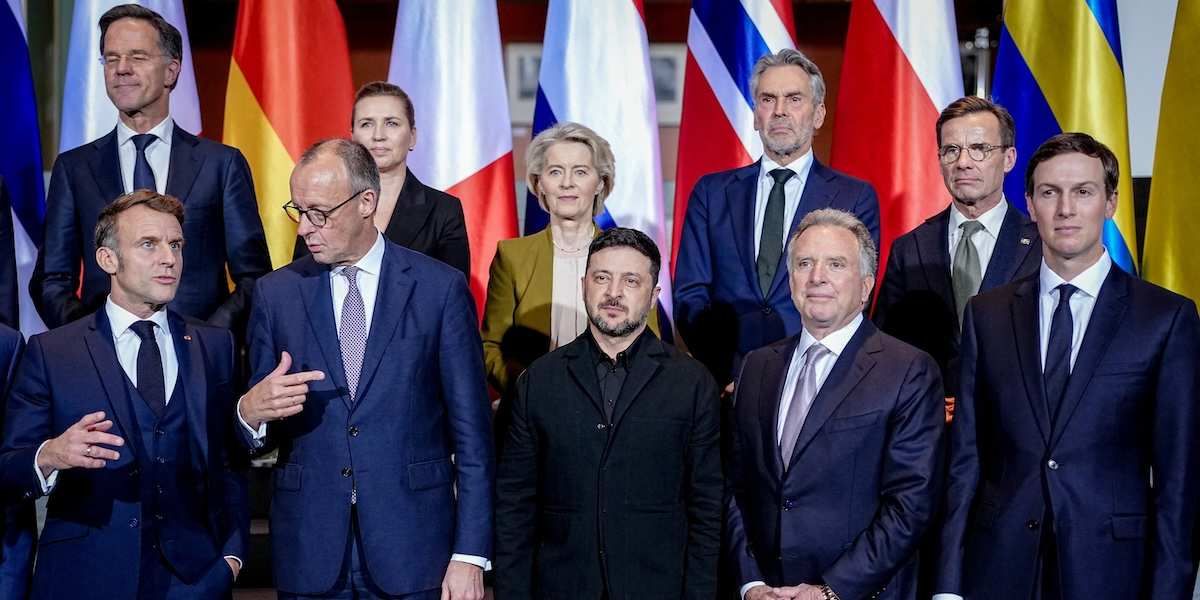GZERO World Clips
April 06, 2022
In his new book The Great Experiment, political scientist Yascha Mounk digs into how tough it is for very diverse democracies to treat all their citizens equally. The price to pay if it goes wrong is high: society falls apart.
The US faces many ongoing challenges, especially on race relations, but has done much better in some areas than was predicted decades ago – for example, the increasing frequency of interracial marriages, Mounk tells Ian Bremmer.
Where America has made much less progress, Mounk admits, is on racial disparities in wealth — which he says is the deepest problem we have in the US today. Still, "it's important to see the nuances": accumulating wealth takes long, and the income gap between Black and white Americans has been reduced in recent decades.
"There is a real pocket of poverty because of [the] long-term structural impacts of all the injustice in American history ... but the modal experience of African Americans today is hopeful," Mounk says. "And actually, when you ask African Americans how they feel about the American Dream, how they feel about the future of America, they are more optimistic than white Americans."
Watch the GZERO World episode: Authoritarians gone wild
From Your Site Articles
- Putin, Russia & the allure of autocracy - GZERO Media ›
- Podcast: American democracy is in danger, warns Ben Rhodes ... ›
- The history of Black voting rights in America - GZERO Media ›
- Was modern America built on slavery? - GZERO Media ›
- We're in a new era of naked power politics, says Yascha Mounk, author of The Great Experiment - GZERO Media ›
More For You

French President Emmanuel Macron, German Chancellor Friedrich Merz, Ukrainian President Volodymyr Zelenskiy, U.S. Special Envoy Steve Witkoff and businessman Jared Kushner, along with NATO Secretary-General Mark Rutte and otherEuropean leaders, pose for a group photo at the Chancellery in Berlin, Germany, December 15, 2025.
Kay Nietfeld/Pool via REUTERS
The European Union just pulled off something that, a year ago, seemed politically impossible: it froze $247 billion in Russian central bank assets indefinitely, stripping the Kremlin of one of its most reliable pressure points.
Most Popular
Sponsored posts
Consumers are spending–just not evenly
What's Good Wednesdays
What’s Good Wednesdays™, December 17, 2025 – holiday movie edition
Walmart’s $350 billion commitment to American manufacturing means two-thirds of the products we buy come straight from our backyard to yours. From New Jersey hot sauce to grills made in Tennessee, Walmart is stocking the shelves with products rooted in local communities. The impact? Over 750,000 American jobs - putting more people to work and keeping communities strong. Learn more here.
Of all the threats to the world, what are the top 10 most urgent global risks for 2026? On Monday, January 5, at 12 pm ET, join us for a livestream discussion with Ian Bremmer and global experts to discuss the Top Risks of 2025 report from Eurasia Group. This report will mark twenty years of Ian Bremmer’s annual forecast of the political risks that are most likely to play out over the year. Event link: gzeromedia.com/toprisks
In this episode of Tools and Weapons, Microsoft Vice Chair and President Brad Smith sits down with Ed Policy, President and CEO of the Green Bay Packers, to discuss how purpose-driven leadership and innovation are shaping the future of one of the world’s most iconic sports franchises. Ed shares how technology and community-focused initiatives, from Titletown Tech to health and safety innovations on the field, are transforming not just the game of football, but the economy and culture of Green Bay itself. He explains how combining strategic vision with investment in local startups is keeping talent in the Midwest and creating opportunities that extend far beyond Lambeau Field.
Subscribe and find new episodes monthly, wherever you listen to podcasts.
© 2025 GZERO Media. All Rights Reserved | A Eurasia Group media company.